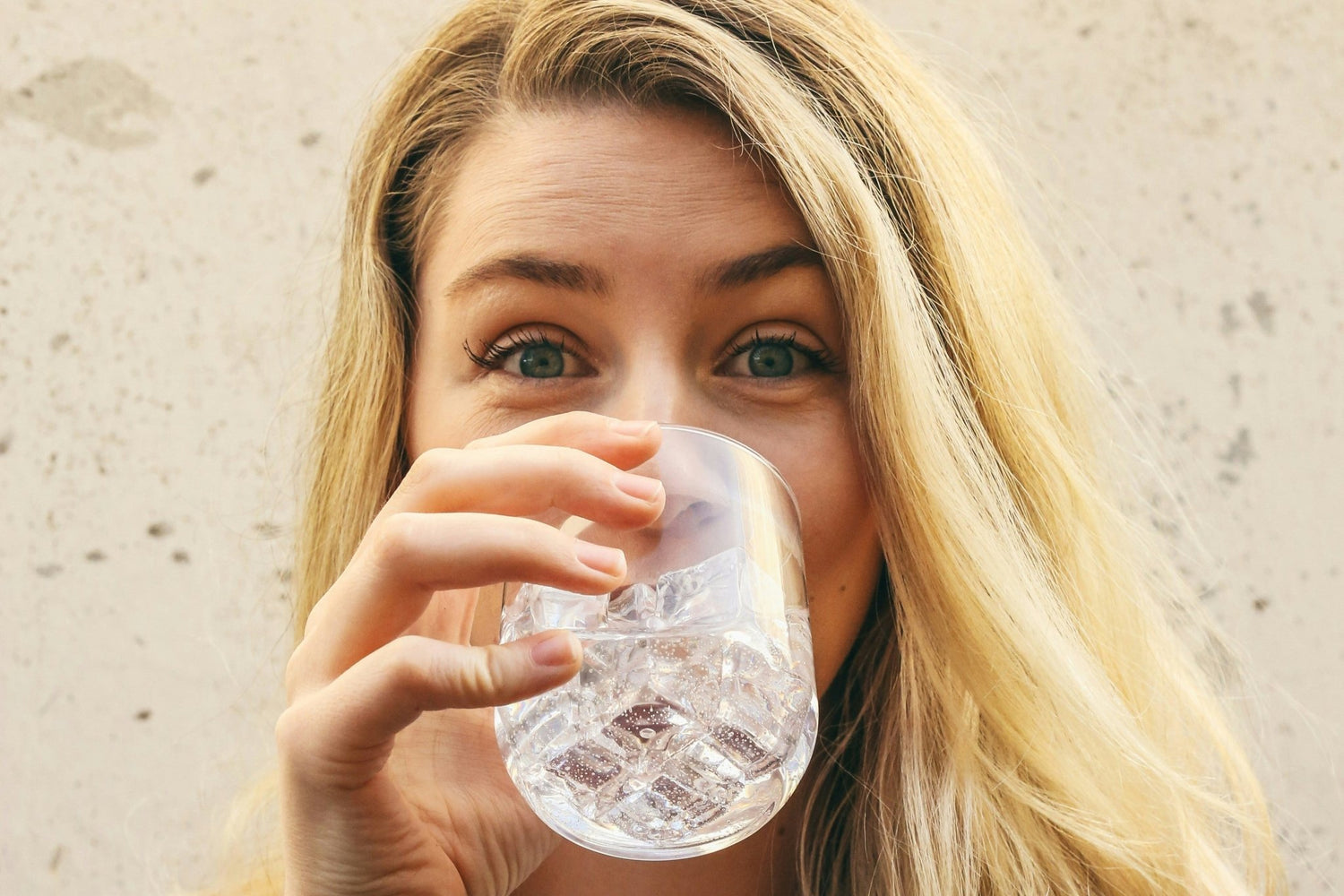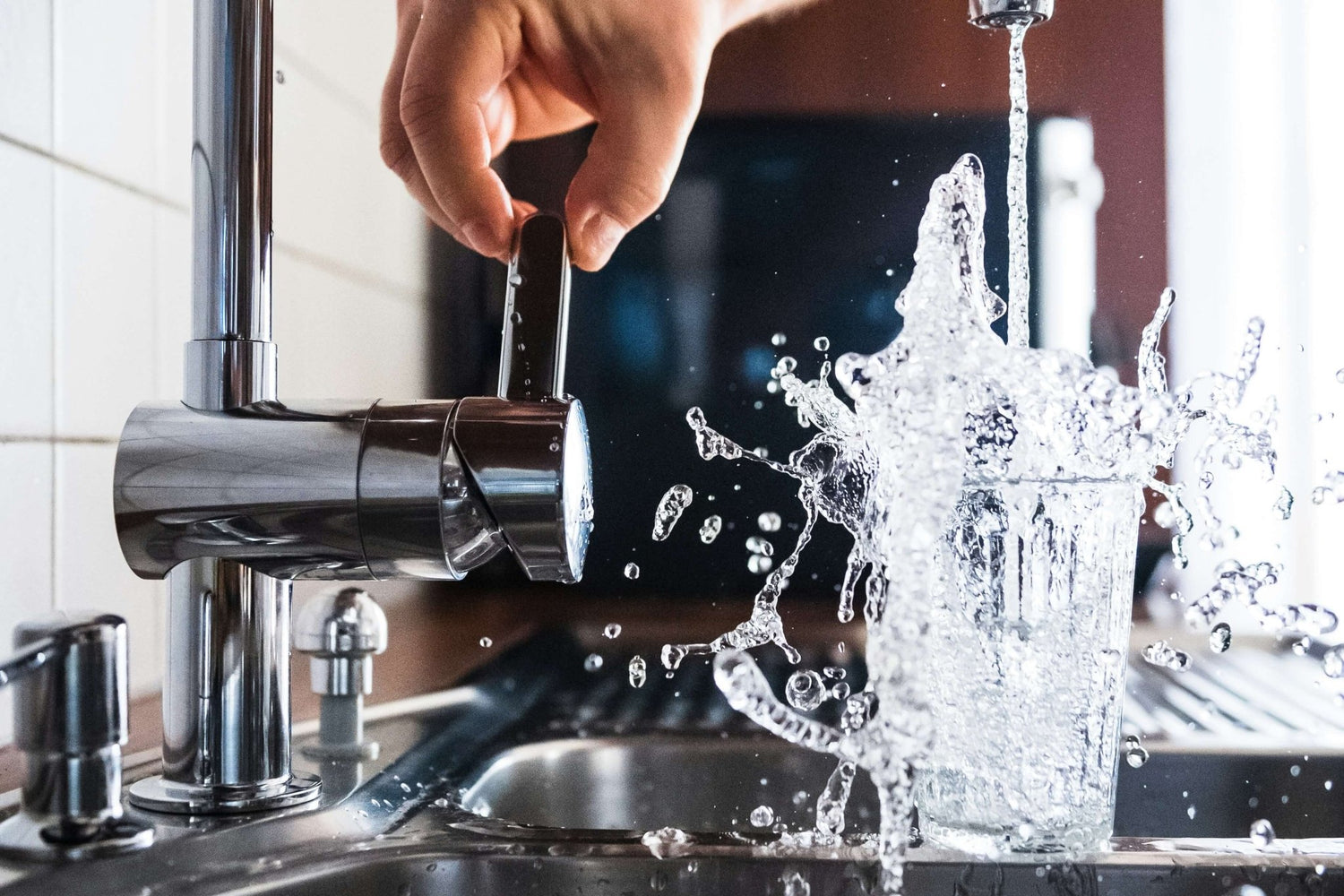Introduction
Ever had one of those pounding headaches that just won’t go away? You might be surprised to learn that the culprit could be something as simple as not drinking enough water. Hydration plays a crucial role for staying healthy. When we don’t get enough water on board, our bodies can let us know in various unpleasant ways, one of which is through headaches.
Understanding Dehydration
When your body loses more fluid than it takes in, dehydration sets in. This means your body can't function normally, and even a mild to moderate level of dehydration can cause problems.
There are plenty of ways to become dehydrated:
- not drinking enough water
- excessive sweating
- vomiting
- diarrhoea
- just being in a hot climate
Sometimes, it's easy to forget to drink enough water, especially when you're busy.
How do you know if you're dehydrated? Look out for these signs: dry mouth, dark urine, fatigue, dizziness, and, of course, headaches.
Types of Headaches
Primary headaches are not brought on by any other illnesses. They include migraines, tension headaches, and cluster headaches.
Secondary headaches, on the other hand, are symptoms of an underlying issue, such as dehydration. When your body is short on fluids, it can lead to these painful sensations.
How Dehydration Causes Headaches
So, how exactly does a lack of water lead to a headache? It boils down to the physical changes in your body. Dehydration causes a decrease in blood volume, leading to reduced oxygen and blood flow to the brain. This can trigger the pain receptors in your head, resulting in a headache.
When you're dehydrated, your brain can temporarily shrink from fluid loss, pulling away from the skull and causing pain. This is why dehydration headaches often feel like a constant, throbbing ache.
Signs of Dehydration-Related Headaches
These headaches are defined by a throbbing sensation on both sides of the head. You may also be experiencing other symptoms of dehydration like thirst and dry mouth.
Dehydration headaches usually improve once you rehydrate, unlike migraines or tension headaches, which might require medication or rest.
Risk Factors for Dehydration Headaches
Hot weather and high humidity can increase your risk of dehydration. Even air conditioning can be a culprit, as it tends to dry out the air and, consequently, your body.
Busy lifestyles can often lead to neglecting proper hydration. Drinking alcohol or caffeine excessively can also contribute to dehydration.
Certain health conditions, like diabetes and kidney issues, can increase your risk of dehydration. If you suffer from conditions like these then try and keep a close eye on your fluid intake and hydration levels.
Preventing Dehydration
How much water should you be drinking daily? The answer is about 8 glasses, but this can vary depending on how active you are, the climate you're in and your overall health.
Water-rich foods such as cucumbers, oranges, and watermelons can help you stay hydrated. They’re not only refreshing, but they also pack a punch in the hydration department.
Keep a water bottle handy, set reminders on your phone and include foods high in water content like fruits and vegetables in your diet.
Treating Dehydration Headaches
As soon as you feel a dehydration headache coming on, drink water immediately or as soon as possible. Rest in a cool, shaded area, and avoid strenuous activities.
Maintain a consistent hydration habit. If you’re active, ensure you’re drinking enough before, during, and after exercise.
Sometimes, you might need a pain killer to stop a headache, but always make sure you take on fluids and treat the root cause.
Hydration Myths Debunked
"Only water can hydrate you." False! While water is best, drinks like herbal teas and milk can also contribute to your hydration needs.
Hydration isn't just about drinking water. It's about maintaining balance. Food and drink both play a role in keeping you hydrated.
Hydration for Particular Groups
People who are physically active need to keep a close eye on hydration due to increased fluid loss through sweating. Sports drinks can sometimes help by replenishing electrolytes.
Older adults are more prone to dehydration due to a decreased sense of thirst and medications that may increase fluid loss. Regular reminders and accessible water can help.
Kids are often so preoccupied at playtime that they forget to drink water. Encourage regular water breaks and provide hydrating snacks.
When to See a Doctor
If you're drinking plenty of water but keep on getting headaches, then speak to a doctor. If you're having more severe symptoms like a rapid heart beat or fainting, then seek emergency medical help.
Chronic dehydration headaches warrant a doctor's visit to rule out any underlying health issues and get necessary treatment.
Lifestyle Changes to Improve Hydration
Make drinking water an integral part of your everyday routine. Start your day off with a glass of water, and carry a water bottle everywhere you go. There's a wide range of different styles available here at MILJO, so grab a bottle today and make big strides on your wellness journey.
Set goals for water intake and track your progress. Use apps or simple charts to remind yourself to stay hydrated.
Conclusion
Dehydration can indeed cause headaches, but with good hydration habits, you can prevent and treat these uncomfortable episodes. Remember, staying hydrated is not just about drinking water—it's about a balanced intake of fluids and hydrating foods. Pay attention to your body’s signals and keep that water bottle handy.





